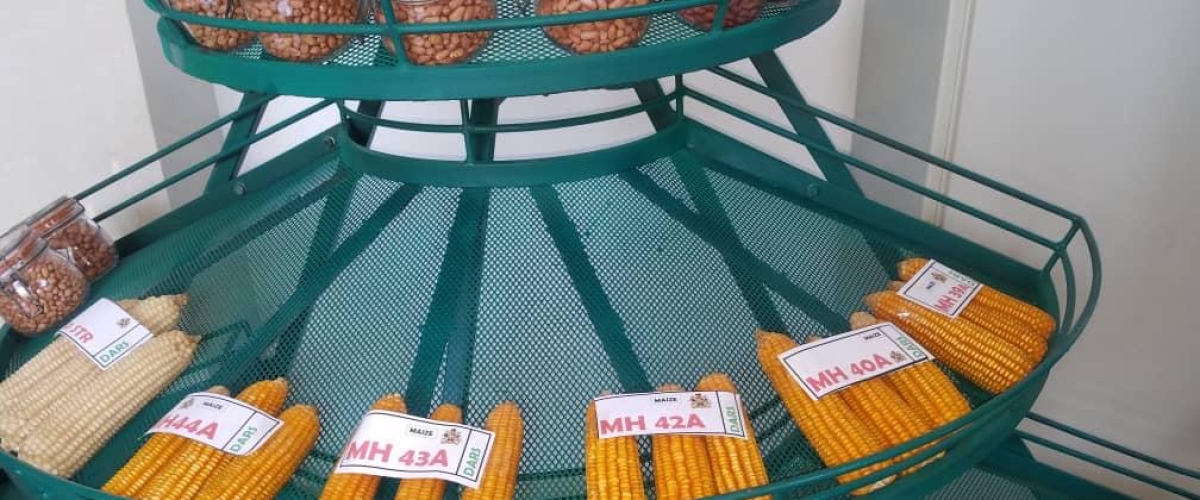
By Monica Mandala Matumbi
CCARDESA through its Agricultural Productivity Programme for Southern Africa (APPSA) project has really changed lives of Malawians and that of the farmers like those of Phanga Village.
Focal person of the project at Chitedze Research Station, Hector Malaidza, explained that the farmers in some parts of Malawi have achieved their status after APPSA that was funded by World Bank started the implementation of its programmes in 2013.
Malaidza said the project concentrated on Institutional Strengthening, technology generation and dissemination. “The project has helped increase the number of varieties that are resilient to climate change. To date, 13 Maize varieties, 6 Bean Varieties, some varieties of Rice have been added to local varieties in the Country in which some of the technologies have been included in the dissemination plans implemented by the Department of Agricultural Extension Services (DAES) that have helped farmers to train fellow farmers on how to grow crops that are resilient to climate change weather.
“Malawi APPSA focused on improving existing facilities at the Chitedze Research Station, the main research facility for the national maize program (which become the Regional Centre of Excellence for maize), as well as the other research stations under Ministry of Agriculture and Food Security (MoAFS). He said in long term APPSA helped training scientists that are now PhD, MSc or BSc holders”.
Grace Timanyechi Munthali is APPSA monitoring and Evaluation Officer based at Chitedze Research Station, she explained that out of 44 students the project supported; 11 at PHD level and 27% were female and that 23 students who went for master, 35% were female, 11 students went for Bachelors and 45% were female. On this, we can see that APPSA even promoted women empowerment which has also been aligned with Malawi’s Growth and Development Strategy”.
APPSA has improved the welfare of farmers in Malawi by introducing Climate-Smart Agriculture thereby improving their yields which in turn has improved their household food security and nutrition level. The farmers also went through the capacity building by the training given to the Lead farmers who in turn trained their fellow farmers concerning Climate Smart Agriculture and other improved Agricultural Technologies.
The author works as a Radio Extension Officer in the Ministry of Agriculture in Lilongwe, Malawi.






